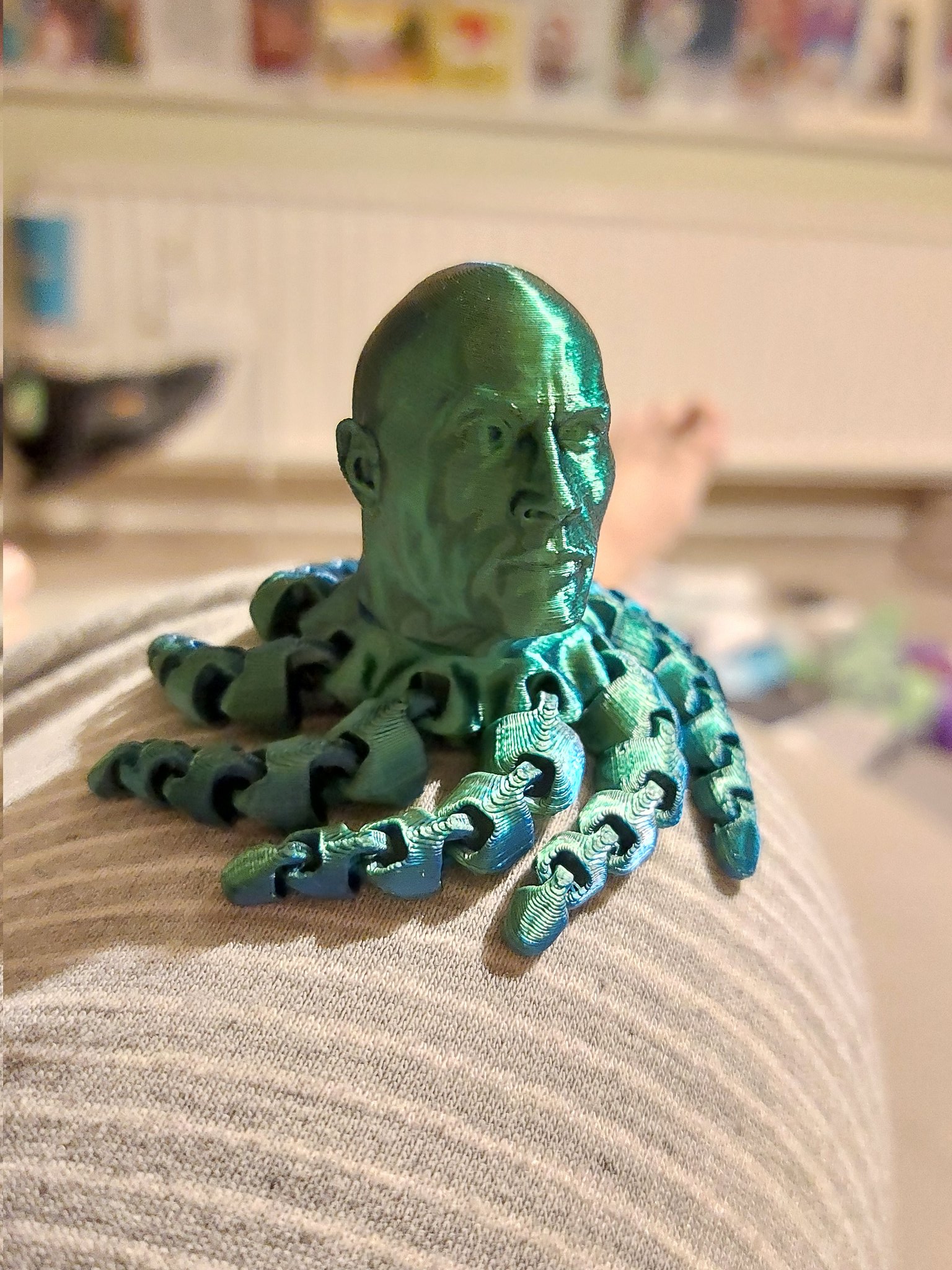Whether you are a patient, caregiver, or simply someone seeking to understand this condition better, it is essential to be well-informed about the nuances of MS and how it interacts with surgery. From managing symptoms to addressing potential risks, the journey before surgery can be both challenging and enlightening. In this article, we will explore the various aspects of MS Sethi before surgery, offering insights and practical advice to help you navigate this crucial time. For individuals living with MS, surgery can sometimes be unavoidable due to complications or other health issues. MS Sethi before surgery involves understanding the disease, its progression, and how it might influence the surgical process. This includes evaluating the patient’s current health status, medications, and potential risks associated with anesthesia or post-operative recovery. The goal is to ensure that both the patient and medical team are well-prepared to address any challenges that may arise. By focusing on personalized care and proactive measures, patients can feel more confident and empowered as they approach their surgery. This article delves into the multifaceted aspects of MS Sethi before surgery, providing a detailed roadmap for patients, caregivers, and healthcare providers. From understanding the basics of MS to exploring pre-surgical preparations, we aim to equip you with the knowledge and tools necessary to make informed decisions. Through expert insights, practical tips, and frequently asked questions, this guide seeks to demystify the process and offer reassurance during what can be a stressful time. Let’s embark on this journey together to ensure a smoother path toward recovery.
Table of Contents
- Biography of MS Sethi
- What Are the Key Factors to Consider Before Surgery?
- How Does MS Affect Surgical Outcomes?
- Preparing for Surgery with MS
- What Role Does Anesthesia Play in MS Patients?
- How Can Caregivers Support MS Patients Before Surgery?
- Post-Operative Care and Recovery
- Frequently Asked Questions
Biography of MS Sethi
While MS Sethi is not a real individual but rather a representation of those living with multiple sclerosis, understanding the condition and its implications is crucial for grasping the challenges faced before surgery. Multiple sclerosis (MS) is a chronic autoimmune disease that affects the central nervous system, leading to a wide range of symptoms such as fatigue, muscle weakness, and cognitive difficulties. Individuals with MS often face unique challenges when preparing for surgery, as the disease can complicate the process and recovery.
Below is a table summarizing key details about multiple sclerosis and its impact on individuals:
Read also:Did Jim Jones And Chrissy Have A Baby Unraveling The Truth Behind The Rumors
| Aspect | Details |
|---|---|
| Condition | Multiple Sclerosis (MS) |
| Typical Symptoms | Fatigue, muscle weakness, balance issues, cognitive challenges |
| Age of Onset | Usually between 20-40 years |
| Impact on Daily Life | Varies; may include mobility challenges, chronic pain, and emotional stress |
| Common Treatments | Disease-modifying therapies, physical therapy, symptom management |
What Are the Key Factors to Consider Before Surgery?
When preparing for surgery, individuals with MS Sethi before surgery must pay close attention to several key factors to ensure a safe and successful procedure. These factors encompass medical evaluations, medication adjustments, and lifestyle considerations. Understanding these elements can help mitigate risks and enhance recovery outcomes.
Medical Evaluations
Prior to surgery, a comprehensive medical evaluation is essential. This includes reviewing the patient’s medical history, current MS symptoms, and any coexisting conditions. The evaluation helps the surgical team assess the patient’s overall health and identify potential risks. For instance, individuals with advanced MS may face challenges such as reduced mobility or respiratory issues, which could complicate anesthesia or recovery.
Medication Adjustments
Medications used to manage MS symptoms or slow disease progression may need to be adjusted before surgery. Some drugs, such as immunosuppressants, could increase the risk of infection post-surgery. It is crucial for patients to discuss their medication regimen with their healthcare provider to determine whether any changes are necessary.
Lifestyle Considerations
Lifestyle factors such as diet, exercise, and stress management play a significant role in preparing for surgery. A balanced diet rich in nutrients can support healing, while regular physical activity can improve strength and endurance. Additionally, managing stress through mindfulness or relaxation techniques can enhance mental well-being and prepare the patient for the challenges ahead.
How Does MS Affect Surgical Outcomes?
Multiple sclerosis can have a profound impact on surgical outcomes, making it essential to understand the potential risks and challenges. MS Sethi before surgery involves recognizing how the disease influences the body’s response to anesthesia, the healing process, and post-operative complications.
Anesthesia and MS
Anesthesia poses unique challenges for individuals with MS. While there is no direct evidence that anesthesia worsens MS, certain agents may exacerbate symptoms such as fatigue or muscle weakness. It is vital for the anesthesiologist to be aware of the patient’s MS diagnosis to tailor the anesthesia plan accordingly.
Read also:Unveiling Lil Jeffs Age A Deep Dive Into The Life Of The Rising Star
Healing and Recovery
Healing after surgery can be slower for individuals with MS due to factors such as reduced mobility and compromised immune function. This underscores the importance of a well-planned recovery strategy, including physical therapy and pain management, to support the patient’s return to baseline function.
Preparing for Surgery with MS
Preparing for surgery with MS requires a holistic approach that addresses both physical and mental health. MS Sethi before surgery involves creating a personalized plan that incorporates medical, psychological, and practical considerations.
Medication Management
Effective medication management is crucial for ensuring a smooth surgical experience. Patients should work closely with their healthcare provider to review all medications, including those for MS and other conditions. Adjustments may be necessary to minimize risks and optimize outcomes.
Physical and Mental Preparation
Physical preparation includes exercises to improve strength and flexibility, while mental preparation involves addressing anxiety and building resilience. Techniques such as deep breathing, visualization, and counseling can help patients feel more confident and in control.
What Role Does Anesthesia Play in MS Patients?
Anesthesia plays a critical role in the surgical process for individuals with MS. MS Sethi before surgery requires careful consideration of how anesthesia might interact with the disease and influence recovery. While anesthesia is generally safe, certain agents may have unintended effects on MS symptoms, making it essential to customize the approach.
Types of Anesthesia
There are several types of anesthesia, including general, regional, and local. The choice depends on the type of surgery and the patient’s overall health. For MS patients, regional or local anesthesia may be preferred to minimize systemic effects.
Risks and Benefits
While anesthesia carries inherent risks, such as allergic reactions or respiratory issues, its benefits in facilitating surgery are undeniable. For MS patients, the key is to weigh these risks against the potential benefits and ensure that the anesthesia plan aligns with their unique needs.
How Can Caregivers Support MS Patients Before Surgery?
Caregivers play a vital role in supporting individuals with MS Sethi before surgery. Their involvement can range from providing emotional support to assisting with practical tasks, ensuring that the patient feels prepared and reassured.
Emotional Support
Emotional support is crucial for helping patients cope with anxiety and fear. Caregivers can offer reassurance, listen to concerns, and encourage positive thinking to boost the patient’s confidence.
Practical Assistance
Practical assistance includes helping with appointments, organizing medications, and preparing the home for post-operative recovery. These tasks can alleviate stress and allow the patient to focus on their health.
Post-Operative Care and Recovery
Post-operative care is a critical phase for individuals with MS Sethi before surgery. A well-structured recovery plan can help minimize complications and promote healing, ensuring a smoother transition back to daily life.
Physical Therapy
Physical therapy is often recommended to restore mobility and strength. Tailored exercises can address specific challenges faced by MS patients, such as muscle weakness or balance issues.
Pain Management
Effective pain management is essential for a comfortable recovery. This may involve medications, alternative therapies, or a combination of approaches to address both acute and chronic pain.
Frequently Asked Questions
Is surgery safe for individuals with MS?
Yes, surgery can be safe for individuals with MS when proper precautions are taken. A thorough pre-surgical evaluation and personalized care plan can minimize risks and ensure a successful outcome.
Can MS symptoms worsen after surgery?
While surgery itself does not directly worsen MS symptoms, factors such as stress, anesthesia, or infection could temporarily exacerbate them. Close monitoring and proactive management can help mitigate these effects.
What should I discuss with my surgeon before surgery?
Discuss your MS diagnosis, current symptoms, medications, and any concerns about anesthesia or recovery. This ensures that your surgical team is fully informed and can tailor their approach to your needs.
For more information on multiple sclerosis and surgery, you can visit the National Multiple Sclerosis Society.

